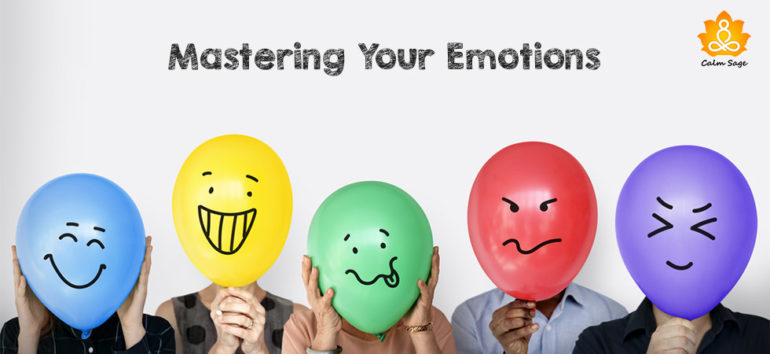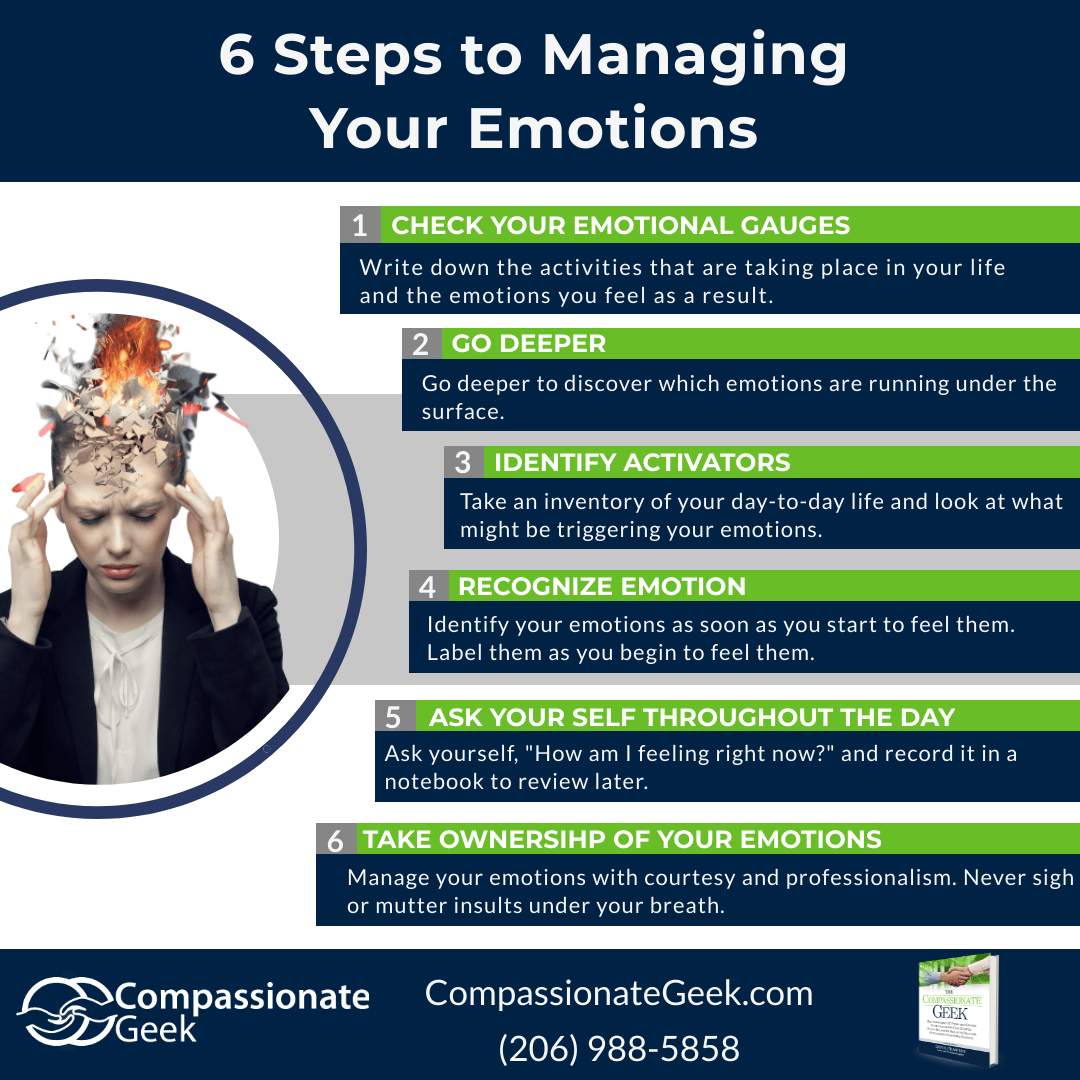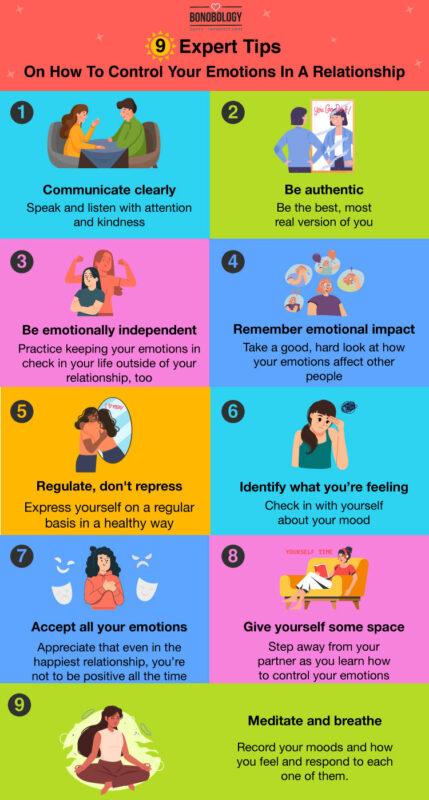How To Control Your Emotions Better

Feeling overwhelmed? You're not alone. Learn actionable strategies to regain control of your emotions now.
Emotional regulation is a critical skill, impacting everything from relationships to career success. This guide provides immediate techniques to manage your feelings more effectively, reducing stress and improving overall well-being.
Understanding Your Emotional Landscape
Emotional intelligence begins with self-awareness. Identify your common emotional triggers.
Journaling can be a powerful tool. Record your feelings, thoughts, and the situations that provoke them.
This practice reveals patterns. Recognizing these patterns is the first step towards change.
Immediate Techniques for Emotional Control
The "Pause and Breathe" method is immediately effective. When feeling overwhelmed, stop what you are doing.
Take three deep, slow breaths. Focus on the sensation of the air entering and leaving your body.
This simple act provides a moment to regain composure.
Cognitive Reappraisal
Challenge your initial thoughts. Are they accurate? Are they helpful?
Consider alternative perspectives. Reframe the situation in a more positive or neutral light.
This technique helps to reduce the intensity of negative emotions.
Grounding Techniques
Grounding brings you back to the present moment. Use your senses to anchor yourself.
The "5-4-3-2-1" method is a quick and effective option. Identify five things you can see, four things you can touch, three things you can hear, two things you can smell, and one thing you can taste.
This redirects your focus away from overwhelming thoughts and feelings.
Long-Term Strategies for Emotional Resilience
Mindfulness meditation cultivates emotional awareness. Regular practice improves your ability to observe your emotions without judgment.
Engage in activities that bring you joy. Hobbies, exercise, and spending time in nature can boost your mood and resilience.
According to a study by the American Psychological Association, regular physical activity significantly reduces stress levels.
Building a Support System
Strong social connections are essential. Talk to trusted friends, family members, or a therapist.
Sharing your feelings can provide relief and perspective. Don't hesitate to seek professional help when needed.
Therapy provides tools for long-term emotional management.
Practical Tips for Daily Life
Set realistic expectations. Avoid overcommitting and prioritize self-care.
Learn to say "no" to requests that drain your energy. Protecting your boundaries is crucial for emotional well-being.
Practice self-compassion. Treat yourself with kindness and understanding, especially during difficult times.
Moving Forward
Mastering emotional control is a journey, not a destination. Start by implementing one or two of these techniques.
Track your progress and adjust your approach as needed. Seek professional guidance for personalized support.
By taking proactive steps, you can build a more resilient and emotionally balanced life.


















